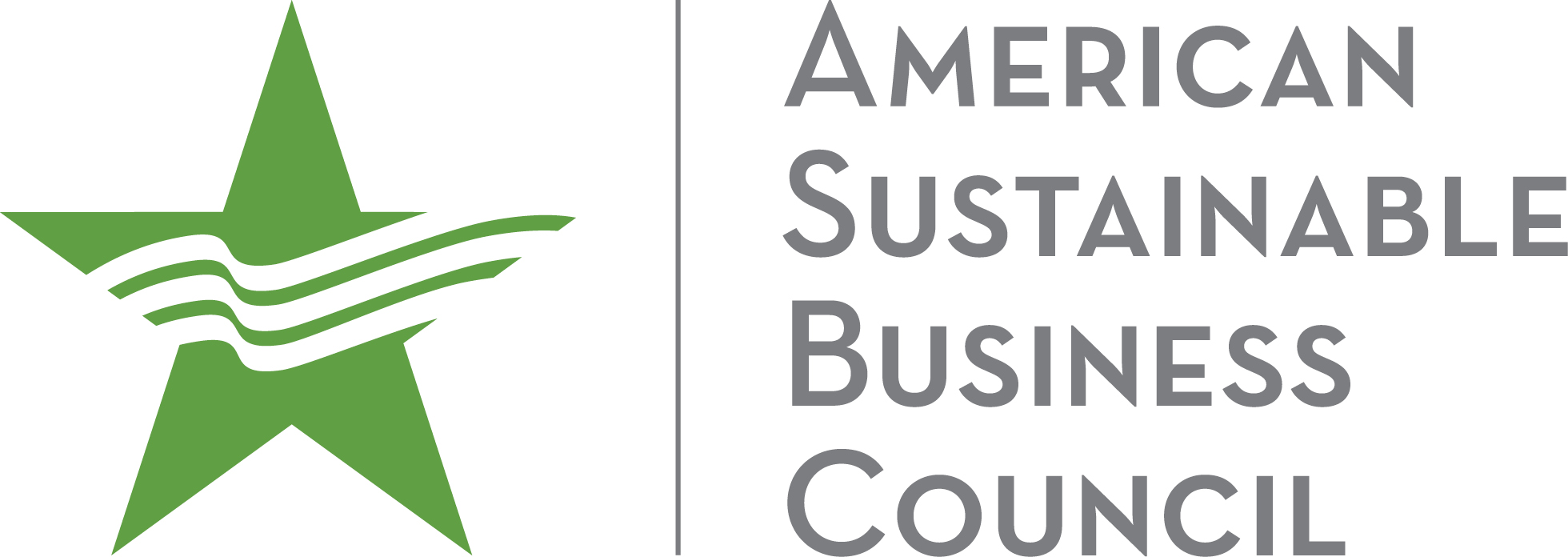Paid Sick Days Legislation Introduced in Congresss
Businesses add their voice in support
Published 03-20-13
Submitted by American Sustainable Business Council
Employers and business groups are voicing support for the Healthy Families Act, which was reintroduced today by Senator Tom Harkin (D-IA) and Representative Rosa DeLauro (D-CT). Under the bill, employees would earn up to seven paid sick days per year to take care of themselves or their close family members.
“There is a strong business case for a minimum sick days standard,” said Andy Shallal, owner of Washington, DC-based, Busboys and Poets restaurants and a business leader in The American Sustainable Business Council. “There are more and more businesses that understand the value of providing good workplaces for their employees including earned sick leave benefits. Valuing employees translates into a more productive workforce, which means more profitable businesses.”
In recent years, the absence of any federal law has prompted Connecticut, Portland, Seattle, Washington, D.C., and San Francisco to enact their own; a measure has been approved in Philadelphia and awaits Mayoral action. Campaigns for additional state and local laws are active around the nation. “Business owners have been increasingly visible as vocal supporters of local and state laws, and have been instrumental in victories in a number of places,” notes Jodie Levin-Epstein, Deputy Director of the Center for Law and Social Policy which is part of a national coalition of paid leave advocates. "It’s exciting that businesses are already speaking up for federal sick days legislation as well."
James Freeman, co-owner of Blue Bottle Coffee did not offer paid sick days before the San Francisco Paid Sick Leave Ordinance went into effect in 2007. Freedman said the Ordinance “gave us the gentle nudge to do the right thing. If a company believes its best asset is its workers, then a federal law is the way to walk the walk, not just talk the talk.”
Jennifer Piallat, owner of the San Francisco bistro Zazie, supports the idea of a federal law. She explained, “At first, I was skeptical and wary of the San Francisco law. However, I’ve been pleasantly surprised – it is not abused. And, importantly, when our team members are sick, they stay home so they don’t infect other employees – or customers.”
With four in ten private sector workers lacking any paid sick days, there is a glaring need for federal action. Without the ability to earn paid sick days, employees risk losing wages – and possibly even their jobs – when they are ill. Without paid sick days workers are too often forced to choose between their jobs and their own health, or that of their loved ones.
The Main Street Alliance, which has member business groups that are active in sick days campaigns around the country, favors federal action. "Small business owners across the country are joining in the call for new paid sick days standards," said Makini Howell, owner of Plum Restaurants in Seattle, and steering committee member of the Main Street Alliance. "In Seattle, I joined with other small business owners to help city council members write our new sick days law, creating a win-win for the health of our employees, our customers, our businesses, and our economy. Not having to come to work sick and being able to stay home with a sick child are just basic common sense and business sense. Now, it's time to build on local momentum with federal action."
A federal law would set a uniform, minimum standard for sick days. This is particularly helpful for businesses that operate in more than one jurisdiction.
The American Sustainable Business Council and its member organizations represent more than 160,000 businesses nationwide, and more than 300,000 entrepreneurs, executives, managers, and investors. The council includes chambers of commerce, trade associations, and groups representing small business, investors, microenterprise, social enterprise, green and sustainable business, local living economy, and women and minority business leaders. ASBC informs and engages policy makers and the public about the need and opportunities for building a vibrant and sustainable economy. www.asbcouncil.org
The Main Street Alliance is a national network of state and locally based small business groups that creates opportunities for Main Street small business owners to speak for themselves on issues that impact their businesses and local economies. www.mainstreetalliance.org

American Sustainable Business Council
American Sustainable Business Council
The American Sustainable Business Council (ASBC) is a national coalition of mission-driven businesses, social enterprises and sustainable business networks working to create a vibrant, just and sustainable economy. What unites us is a deep belief that we must move to a new economy that is grounded in principles of sustainability and equity.
The Council represents over 55,000 businesses and enterprises and more than 150,000 executives, owners, investors, entrepreneurs and business professionals. It is comprised of partners, which are organizations that represent businesses and social enterprises as well as entrepreneurs, executives, owners and investors committed to building a vibrant, just, and sustainable economy. ASBC promotes policy change by educating and informing the business community, policy makers and the media about the business case for change, and by engaging the leaders of businesses and enterprises in building broad support for the policies America needs. We work on a range of policy areas, including: financial reform, health care, chemicals policy, climate change and business taxes. We believe that the policies that will lead us to a sustainable and just economy are also good for business and good for America. Making the right commitments and investments will produce more and better jobs, build strength in key technologies, and make the U.S. more independent and secure.More from American Sustainable Business Council

